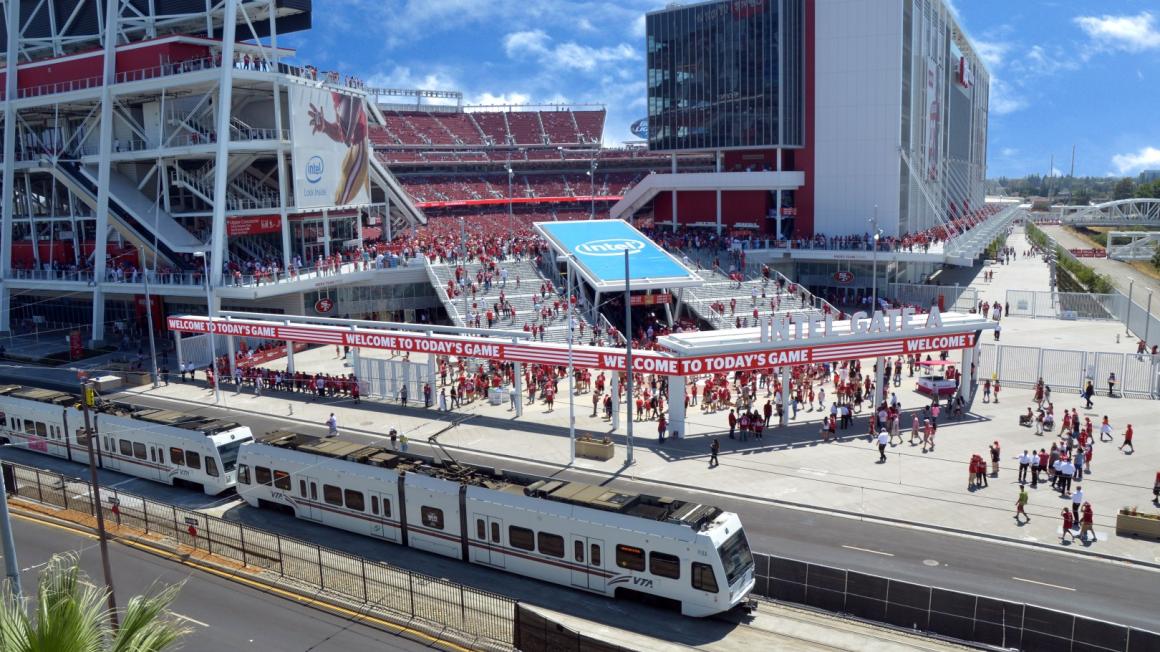Congress has already delayed their holiday recess by a week, and members are hoping another delay won’t be necessary. Among the yet-unfinished business: an extension of the payroll tax cut. House Speaker John Boehner plans to hold a vote today on his bill, which marries an extension of the payroll tax cut to the controversial Keystone XL pipeline. While expected to sail through the House, such a partisan bill is unlikely to pass the Senate. Enter Senators Claire McCaskill (D-MO) and Susan Collins (R-ME).

Last week, McCaskill and Collins introduced the ambitiously-named Bipartisan Jobs Creation Act. The bill begins with the payroll tax cut and wraps it in additional tax cuts, deregulation measures, and a $35.8 billion infrastructure investment program. The whole thing would be paid for by eliminating some subsidies for oil companies and by instituting a surtax on millionaires’ income—though exceptions will be made for small business owner-operator “job creators.”
The two senators are generally touting this bill as a tax relief bill first, and a pay-your-fair-share bill second—infrastructure gets third-stringed at best, but the provisions are still worth looking into.
The McCaskill-Collins infrastructure plan [PDF] includes $10 billion to capitalize state infrastructure banks and $25 billion for highways and bridges—just highways and bridges. Out of $25 billion—about half an average year’s transportation spending by the federal government—not a dime goes to transit.
By promoting state infrastructure banks, McCaskill and Collins are throwing their weight behind the Republican vision for infrastructure spending and against President Obama’s. The President and a number of other prominent figures have advocated to no avail for the creation of a National Infrastructure Bank, and Politico reports that they’ll try again next year—to the familiar tune of $10 billion. Meanwhile, House Transportation Committee Chair John Mica has included support for state infrastructure banks—not a national one—in his reauthorization bill. The senators opted for state I-banks in this case because they are an existing program that could be expanded, while “there is no consensus yet on how to address a National Infrastructure Bank,” according to Senator McCaskill’s press secretary, John LaBombard.
Furthermore, the bill summary states that the $25 billion for highways and bridges is for “rebuild and repair” projects, but LaBombard clarified that they can also be used for expansion of existing roads and new construction. They can’t, however, be used for transit.
McCaskill-Collins is the latest in a growing list of bills that attach infrastructure spending to various other issues, all in the name of job creation. First there was the “drilling-for-infrastructure” proposal, touted as the House Republicans’ major jobs bill. Then there was Rep. Nick Rahall’s Buy America bill (“regulation-for-protectionism”), and now the vote on Boehner’s Keystone XL bill.
With Congress staying in session until a deal is struck on the payroll tax cut, and the pressure high to get it done by Friday, McCaskill and Collins could be poised to present a true bipartisan alternative and break the deadlock. If their bill passes, and the infrastructure portion remained intact, we can only speculate as to the effect it would have on the Senate reauthorization bill come February.





